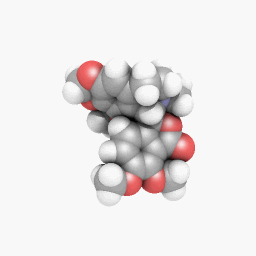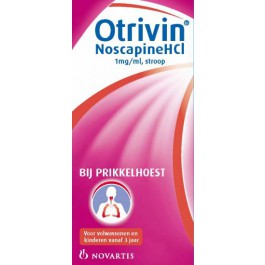Sulforaphane is an anti-cancer compound in cruciferous vegetables, mostly commonly credited to Broccoli. Here’s another another amazing natural compound in the Isothiocyanate family. It down regulates glutathione, increases ROS, and inhibits WNT signaling in the cancer cells. As usual, follow the links for the research.
Sulforaphane, a Dietary Component of Broccoli/Broccoli Sprouts, Inhibits Breast Cancer Stem Cells
Phytochemicals as Innovative Therapeutic Tools against Cancer Stem Cells
Implications of Cancer Stem Cell Theory for Cancer Chemoprevention by Natural Dietary Compounds


